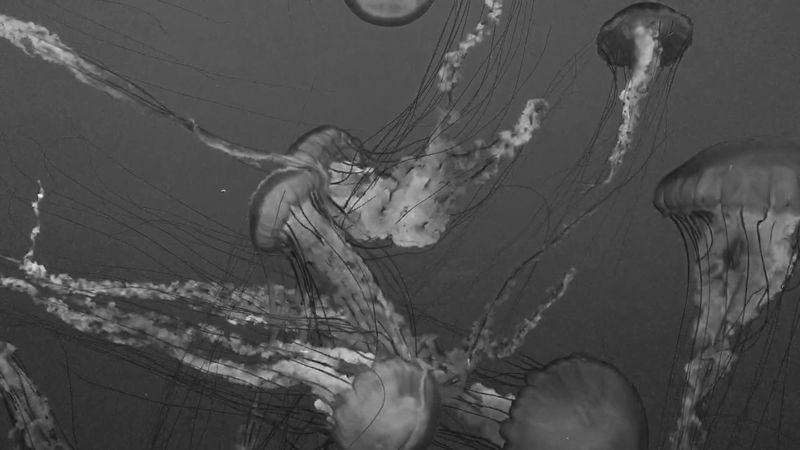After dinner, and teeth brushing, and analyzing skin situations in a magnifying mirror, they lounge against down pillows, wearing matching cherry-printed pajama pants, separated by a bowl of strawberries.
On the television across from Shelby's bed, women with shiny hair comb through rows of wedding dresses. Mae says, “I wish I could just stay here until everybody forgets who I am.”
(It turns out that, their prey absent, the photographers will be gone by tomorrow—but Mae doesn't know this yet.)
Shelby nods wisely, thinking. “Who knew being famous would suck so much? Maybe you could hide out, like in your old town. Do you know anybody there?”
“My mother would be super pissed if I went to stay with my grandparents.” She had lived with them until middle school in their sprawling farmhouse, learning to crawl on wide wooden plank floors and to read by sounding out decorative sentences on ubiquitous placards. “God...for-gives,” her toddler self enunciated slowly, gazing at the kitchen wall. “What does that mean?”
“It means you need some new reading material,” Courtney had replied. Mae got a library card the next day. She was a bookish child, but when her grandparents and Courtney fought—over cigarettes, or use of the car, or money—the best course of action was to lock herself away in the attic and explore the farmhouse's sizable collection of fashion magazines. This was before she got a phone, and Mae spent hours pouring over the shelves. Her grandmother was the collector (some might say hoarder) of the family, and the attic contained stacks of yellowing glossies from the nineteen-sixties onward. Go go boots and beehives. Bellbottoms and straight hair. Bright eyeshadow and spandex. Subdued floral prints and dark lipstick. Smoky eyes and skinny jeans. Mae drank in the images, small fingers outlining outfits and airbrushed faces. Her early efforts (magic marker nail polish, hair dyed with Kool-aid, jewelry made of paperclips) were carefully documented but it wasn't until she moved to Pearville, with its bike-friendly sidewalks and second-hand store downtown, that she could truly experiment. Finally away from her parents' judgement, Courtney, too, could relax in Pearville. She began giving Mae a monthly allowance—“from your dad, wherever he is”—and they opened a joint bank account to make everything easier. Courtney believed in hands-off parenting, she explained, as she presented her daughter with a debit card. “I've seen what happens when parents try to control everything, so you're not going to live that way.” They go back to Michigan, of course, for most holidays and birthdays, but returning for longer than a few days seems out of the question.
“I'd rather run off to Chicago again. Can't you just hide me in a bathroom or something?”
Shelby laughs sadly. “My mom isn't as chill as yours.”
“If only they could be combined into one.”
“You mean the good qualities, right? Imagine if you took the worst qualities of both?”
They take a moment to consider this, and shudder in unison. The TV bride shoves a stack of gowns toward the camera, giving a thumbs up. Mae changes the subject. “Do you think Abby Giles would marry Ethan?”
“Oh god, probably. Bet they'll do it, too.” Shelby pops the stem off the last berry and leaves it on the night stand for her mother to find later. “What do you want your wedding to be like?”
“Hm, I've never thought about it before.”
“Never? Really?” On the screen, a determined host struggles to zip the dress over a voluptuous backside while its owner holds her breath and braces herself against her friend. “I want mine to be in France. In my mind it's in black and white, though I guess it will have to happen in color.” Shelby pulls herself onto one elbow. “You'll be in it, of course.” When she switches off her lamp, a night light shaped like a unicorn shines on.
“That will be perfect.” The unicorn casts a dreamy halo across the ceiling.
“Goodnight, Mae boo.”
“Goodnight, Shelby boo.”
